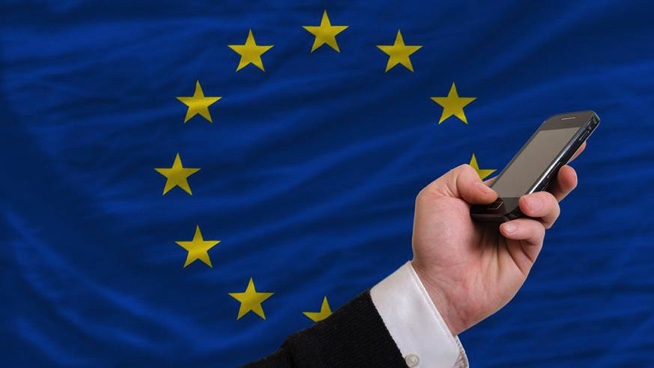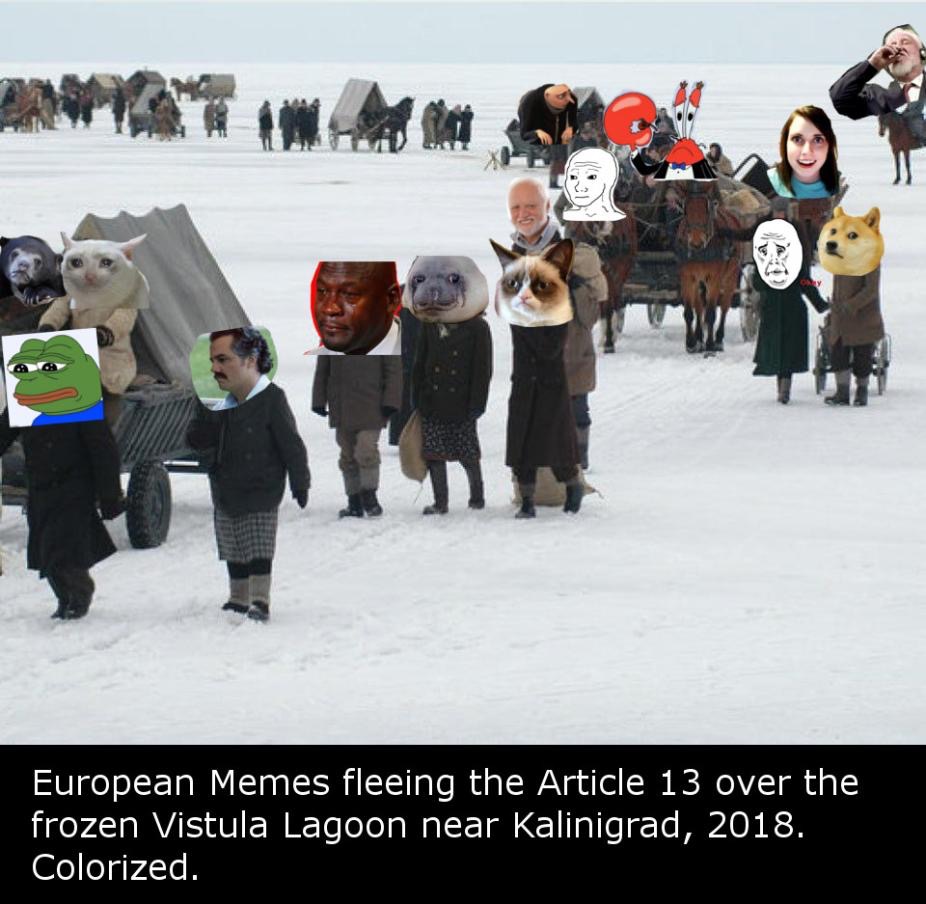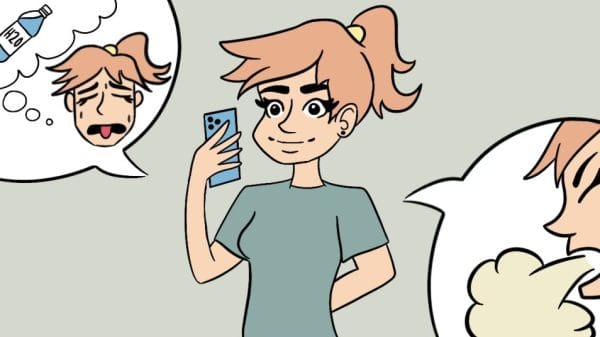Image Featured Via
A new copyright law put forth by the EU means that online content is going to be closely watched more than ever. Could this be the end of memes?
This is about memes, but it isn’t just about that.
On June 20, a new copyright law was proposed by the EU. By doing this, the EU Copyright Directive intend to protect intellectual property rights.
Music, images, text, videos, and code will be scanned by “content recognition technologies” which will impact the following things:
- Remixes
- Modding
- Livestreaming
- Screenshotting
- Memes
The line between whether parody content and memes are transformative in nature or infringing on copyright protections is blurred. Memes are infamous for going viral often without the copyright holder’s approval, which is a problem. Death of the author and all that.
This is the problem Article 13 intends to tackle.
However, the reliability of “content recognition technologies” is questionable. Automated systems aren’t exactly dependable.
Furthermore, campaigners warn that this new law would “destroy the internet as we know it” and “allow big companies to control what we see and do online”, which is pretty worrying.
Some of the world’s most significant technologists warned against the proposed directive in an open letter to the President of the European Parliament:
Article 13 takes an unprecedented step towards the transformation of the Internet from an open platform for sharing and innovation, into a tool for the automated surveillance and control of its users.
It’s a direct threat to the established legal notion that individual users, rather than platforms, are responsible for the content they put online.
These allegations have been rejected by the European Commission.
A European Commission spokesperson responded to the campaigners, telling Sky News:
The idea behind our copyright proposals is that people should be able to make a living from their creative ideas. […] The proposals to modernise EU copyright provisions will not harm freedom of expression on the internet. […] They take into account technological developments that have already been introduced by some of the major players and which help in two ways.
Their vote will most likely be made into law on July 4 or after the European parliaments summer recess in late September.
If you’re concerned about this, email or phone your MEP and let them know about it.
Honestly, this should be cause for concern. After all, where would we be without Jeff Goldblum memes?














